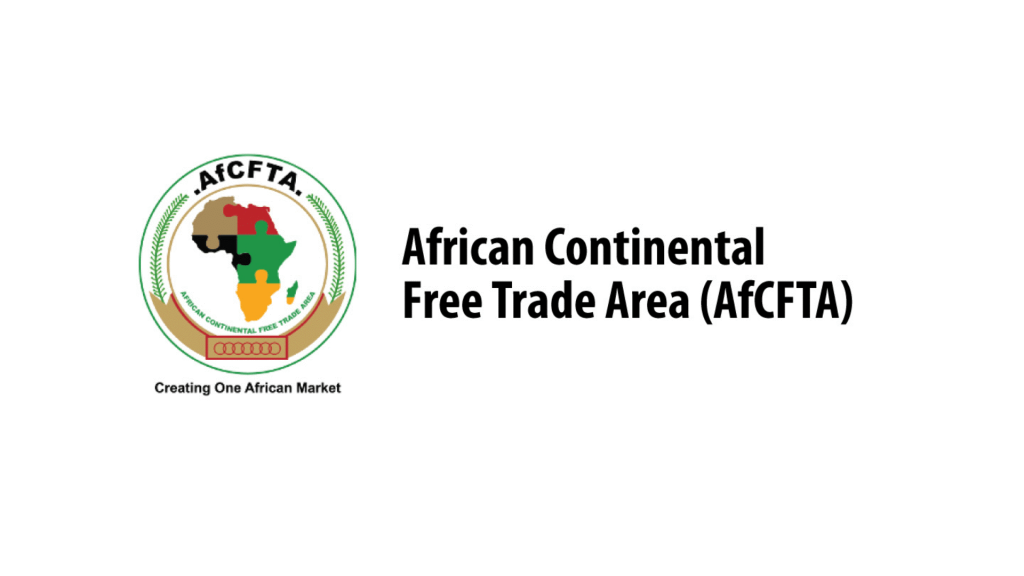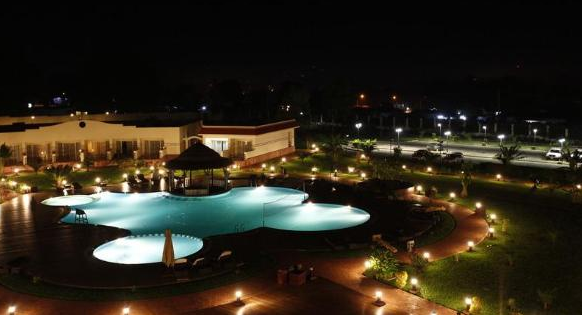Ghana has abundant natural resources. Agriculture is still an important economic sector in Ghana, employing about half of the population. Ghana’s economy has traditionally been driven by cocoa exports, and Ghana is now one of the globe’s major cocoa exporters (Okyere & Jilu, 2020). It is one of the richest countries in West Africa due to its timber, gold, diamonds, bauxite, manganese, and oil.
The Ghanaian government calculated that the mining industry contributed 5% of the country’s GDP on average. Minerals are primarily exploited for the export market in Ghana, with the government estimating that minerals account for around 40% of overall exports. According to the Ghanaian government, gold accounts for about 90% of the minerals exported from the country each year (Okyere & Jilu, 2020). Ghana is estimated to hold between 5 billion and 7 billion barrels of proven oil reserves, ranking sixth in Africa and 25th in the globe. Since independence, the Ghanaian government’s diverse industrialization laws have led to the creation of a diverse set of industrial sectors.




